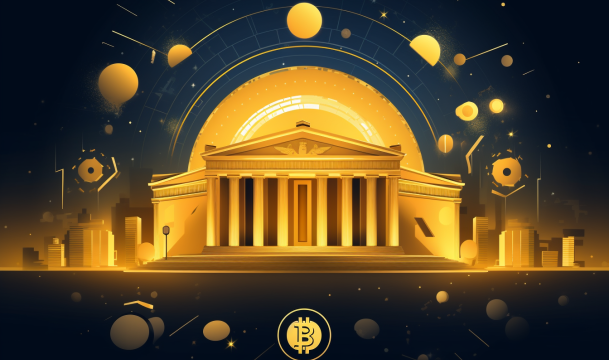
In the latest report, the USD Coin developers, Circle network, plan to exploit the booming demand for stablecoins in the Asia Pacific region. The platform reported its aim to expand its business in the region as it recently secured an operation license in Singapore.
According to the report, the recent developmental actions and progressive regulatory approach of the crypto market in Hong Kong City have been a significant source of inspiration for the Circle network, as the report showed that the stablecoin issuer is actively monitoring the market with intentions to venture into it.
The CEO of Circle, Jeremy Allaire, pointed out that massive demand for USD-backed stablecoins is currently grooming in the developing crypto market in Asia with the Hong Kong market at the forefront of it. He added that Circle considers the region a central focus for future business.
Furthermore, Allaire commended the continuous effort of the Hong Kong crypto market towards developing itself as a global hub for the crypto industry. He added that the action was evident when the city officapproveddpproved retail crypto trading in the region on June 1.
In addition, the CEO continued that with the latest development, Hong Kong is striving to position itself as a formidable hub for digital assets and stablecoin markets in Asia and the world generally.
Allaire Believes Stablecoin Industry Would Be A Global Mainstream Soon
However, Allaire pointed out that the firm is still keeping close tabs on the regulatory decisions in the region, as it could impact the general cryptocurrency markets in Greater China.
Additionally, the spokesperson revealed that the Singapore regulator recently issued Circle a Major Payment Institution permit. This would enable the firm to fully and legally distribute the USD Coin (USDC) to private and institutional entities in the country.
Furthermore, the CEO highlighted that many digital assets markets are on Circle’s watch radar, including the Tokyo, Hong Kong, Paris, Singapore, the US, the UAE, and London markets. He added that each of these markets plays an essential role in the stability of the global crypto market, as none can be replaced or dominated.
Meanwhile, the demand for clear and precise digital assets regulation is on the rise. Many nations like Japan are already on the verge of implementing their regulatory framework for stablecoins, according to reports.
Allaire considered the movement as though it was high time the stablecoin sector made a breakthrough and projected into the mainstream of the financial system of the world.
Expressing his opinion, Allaire suggested a complete reserve mechanism that would combine short-duration and cash Treasury bills. He claimed that if this approach was adopted and banking regulators supervised and regulated it, it would birth the safest fiat digital currencies in the globe.
Securities Laws Cannot regulate Stablecoins
The CEO reportedly argued with complete confidence that stablecoins like USDC are outside the jurisdiction of the American Securities and Exchange Commission.
He admitted that some of the existing crypto assets might be categorized as securities and therefore subjected to the SEC laws. However, he claimed that the likes of USDC and USDT, which are used as payment tokens, cannot be subjected to the SEC.
Nonetheless, it is worth noting that the approval of crypto retail services in Hong Kong City does not automatically translate to guaranteed success in the market. This is because the crypto market in Asia is still in its developmental phase and vulnerable to many challenges like market volatility and regulatory framework.
Furthermore, the current major payment institution permit issued to Circle by the Singapore government does not mean the USDC would be widely adopted in the region as other stablecoins like USDT are present.
Furthermore, as Circle is actively monitoring the growing cryptocurrency market in Asia, it still faces constant rivalry from other issuers of stablecoins.
Nonetheless, the recent operation permit from Singapore received by Circle and its active focus on the regulatory actions of regulators in Hong Kong depict that the region is actively working to become one of the major crypto hubs in the world.


